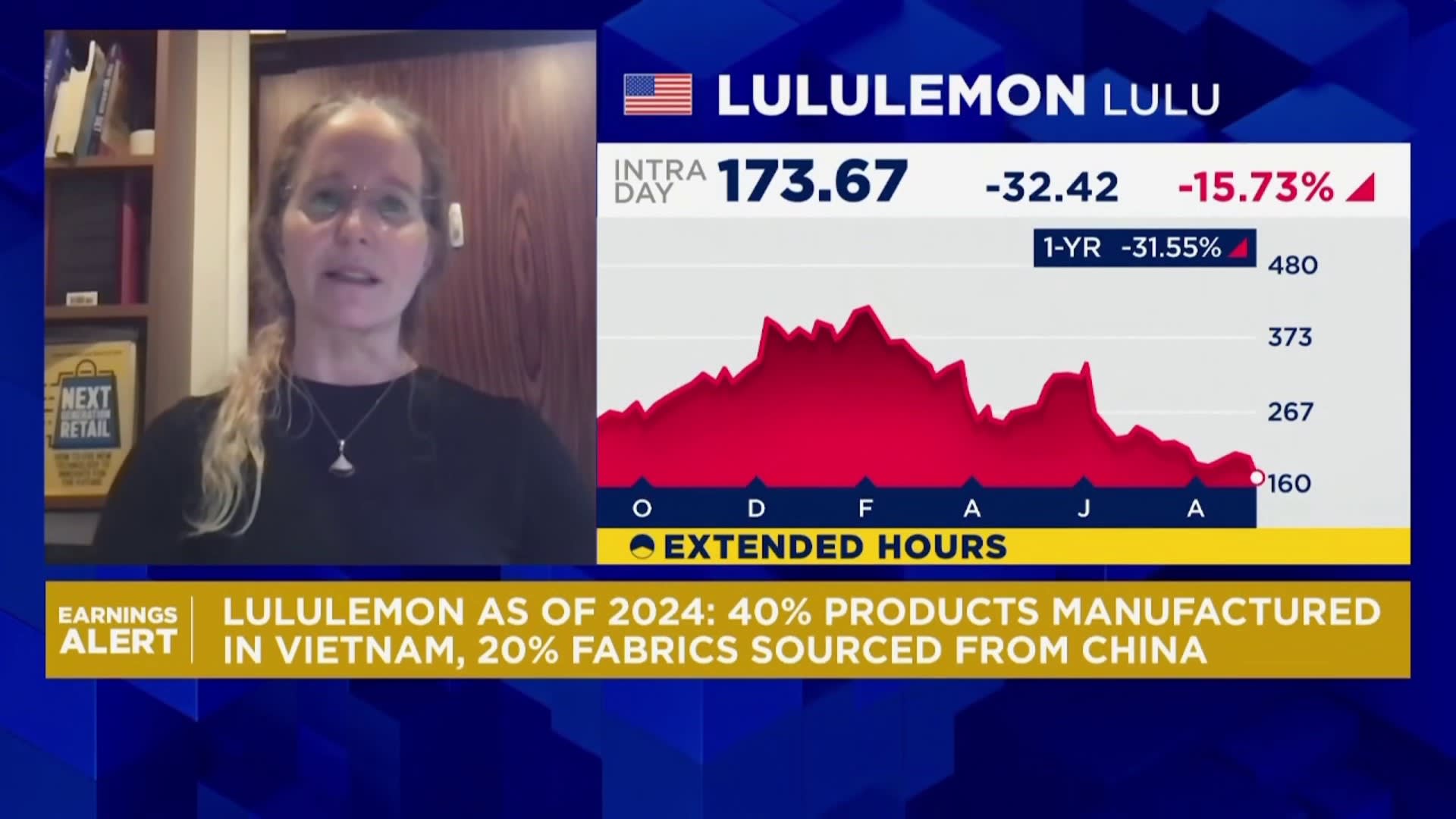A recent analysis indicates that more retailers and brands have chosen to retain their sourcing operations in China than previously anticipated. This decision reflects a complex interplay of factors, including the ongoing challenges in global supply chains and the evolving economic landscape.
According to a report from Market Insights Group, approximately 70% of surveyed companies confirmed their commitment to sourcing from China despite rising production costs and shifting consumer preferences. This figure exceeds earlier estimates, which suggested a decline in reliance on Chinese manufacturing due to geopolitical tensions and trade uncertainties.
The report highlights that many businesses are prioritizing the stability and efficiency offered by existing supply chains in China. By maintaining these operations, brands can mitigate potential disruptions and maintain product availability in key markets. Analysts note that the depth of China’s manufacturing capabilities remains unmatched, allowing for quick adjustments to production levels and timelines.
Industry Perspectives
Industry leaders have expressed a mixed but generally positive outlook regarding their sourcing strategies. Emily Chen, a supply chain manager at a leading apparel brand, stated, “While we are exploring diversification options, our current base in China continues to provide the reliability we need to meet consumer demand.”
This sentiment is echoed across various sectors, including electronics and consumer goods, where brands rely heavily on Chinese manufacturers for their technical expertise and cost-effectiveness. The recent analysis shows that approximately 60% of businesses in the electronics sector have opted to maintain their sourcing relationships in China, indicating a strong preference for established partnerships.
Challenges such as increased tariffs and environmental regulations have prompted some companies to consider alternatives. However, the immediate benefits of staying in China, including reduced shipping times and lower overhead costs, outweigh the potential risks for many.
Future Implications
Looking ahead, analysts predict that the commitment to Chinese sourcing may evolve as global economic dynamics shift. Factors such as changing trade policies, labor costs, and technological advancements will play a pivotal role in shaping the future of sourcing strategies.
Moreover, the ongoing development of regional trade agreements may influence decisions. Brands are closely monitoring shifts in trade relations to assess their impact on sourcing costs and supply chain resilience.
As companies navigate these complexities, it is clear that China will remain a significant player in the global sourcing landscape. The recent findings underscore the importance of adaptability and strategic planning for businesses aiming to thrive in an ever-changing economic environment.
In summary, the decision of more retailers to maintain their sourcing bases in China reflects a broader trend of prioritizing supply chain stability amid global uncertainties. As companies reassess their strategies, the insights from this analysis will be crucial in shaping the future of international sourcing.





































































